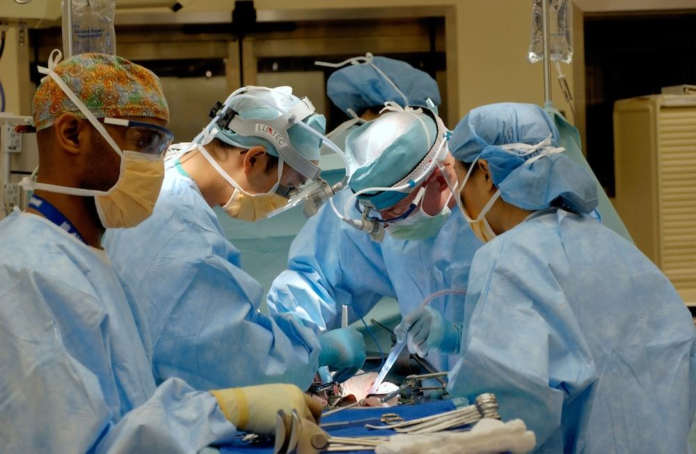Recovery time after surgery can vary greatly depending on the type of procedure and the patient’s overall health. Generally, recovery times for minor surgeries are shorter, usually requiring only a few days of rest followed by some light activity within a week or two. More complex operations may require longer periods of rest and rehabilitation before normal activities resume.
It is important to ask your doctor or surgeon about what you can expect in terms of recovery time and any specific restrictions that may apply. Depending on the type of surgery, these restrictions may include a certain amount of movement (or lack thereof) during the healing period, proper nutrition, and other activities such as exercise or physical therapy.
But what about the surgery itself? Every type of surgery is different, but there are some general guidelines to follow to prepare for the procedure:
- Talk with your doctor about any specific preparation instructions.
- Arrange for someone to drive you home after the surgery and provide additional support during recovery if necessary.
- Avoid eating or drinking anything on the day of the surgery, including water.
- Follow any preoperative medication instructions given by your doctor.
- Wear comfortable clothing and shoes on the day of the surgery.
- Bring a list of all medications you are taking, as well as any medical history information that might be relevant.
- Make sure to follow any other directions your doctor or the surgical team may give you.
During the procedure:
- You may be given anesthesia to help you sleep through it or a local anesthetic to numb the area that will be operated on.
- Your vital signs, such as your heart rate and blood pressure, will be closely monitored throughout the procedure.
- The surgeon will perform the procedure.
- After the surgery, you may be taken to a recovery room where nurses will monitor your vital signs until you are awake and ready to leave.
Local vs General Anesthesia
Whether a cardiothoracic or an orthopedic surgeon in Melbourne performs your surgery, the type of anesthesia used will vary. Generally, local anesthetics are used for minor surgeries or procedures like biopsies, while general anesthesia is typically reserved for more complex operations. Local anesthetic blocks pain in a particular area without making you unconscious. On the other hand, general anesthetics make you unconscious so that you don’t feel any pain during your surgery.
If you receive general anesthesia, the anesthesiologist will give you drugs through an IV. These drugs make you relax and can also be used to help control your breathing, blood pressure, and heart rate during the procedure. Once the anesthesia takes effect, a breathing tube may be inserted into your airway so that you can breathe during the operation.
If your surgery involves a medical device such as an artificial joint, then the surgeon may need to implant it. This is done by making an incision in the area and inserting the device into place. The wound typically needs to be closed with stitches or staples at the end of the procedure. In some cases, a bandage or dressing may also be used.
Your surgeon will monitor your body for any signs of complications during the operation. This can include monitoring your heart rate and blood pressure as well as watching for excessive bleeding. After the surgery is complete, you’ll be taken to the recovery room where you can rest until the anesthesia wears off.
If you need more information, contact your surgeon – don’t be afraid to get answers to your pressing questions!




